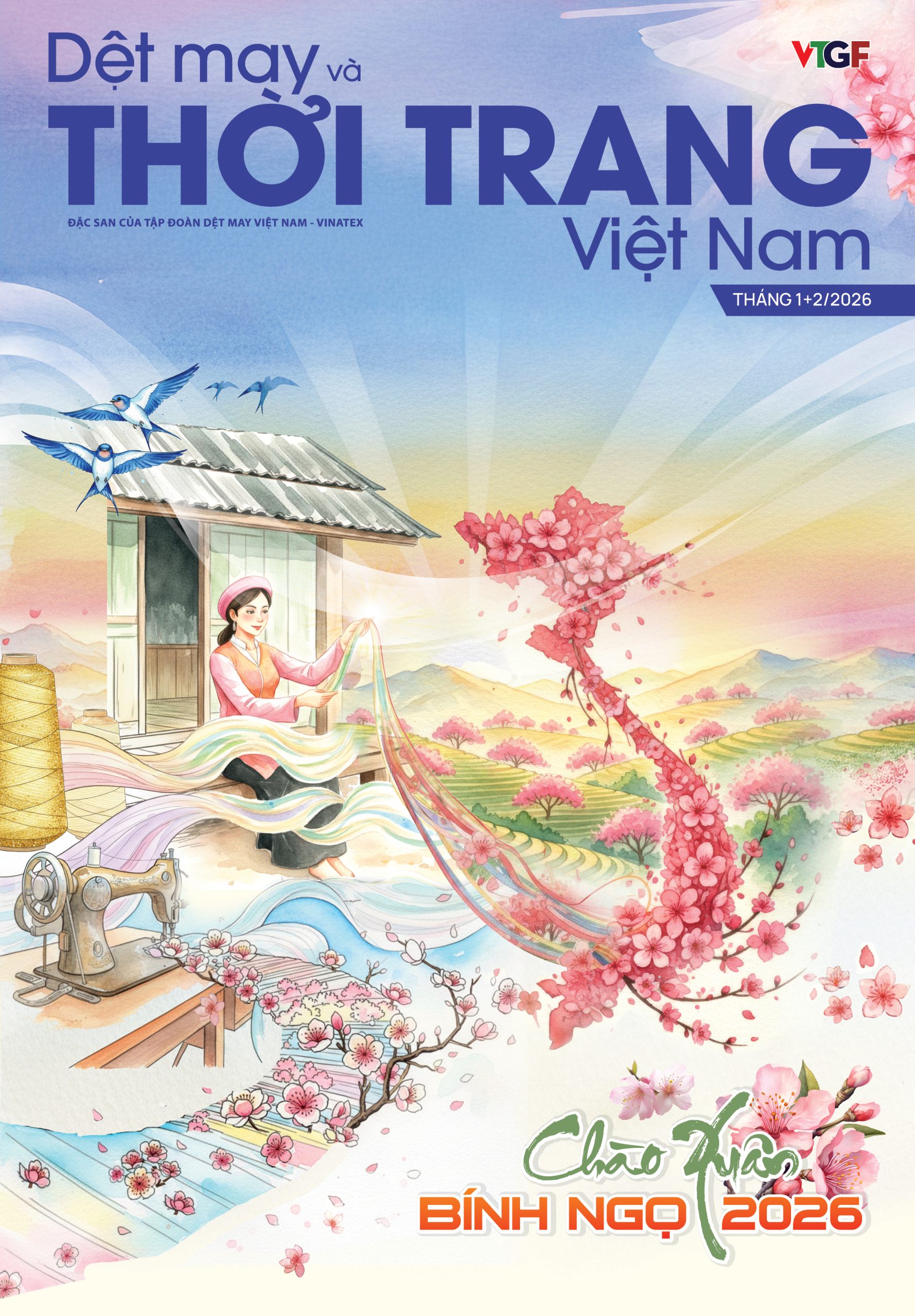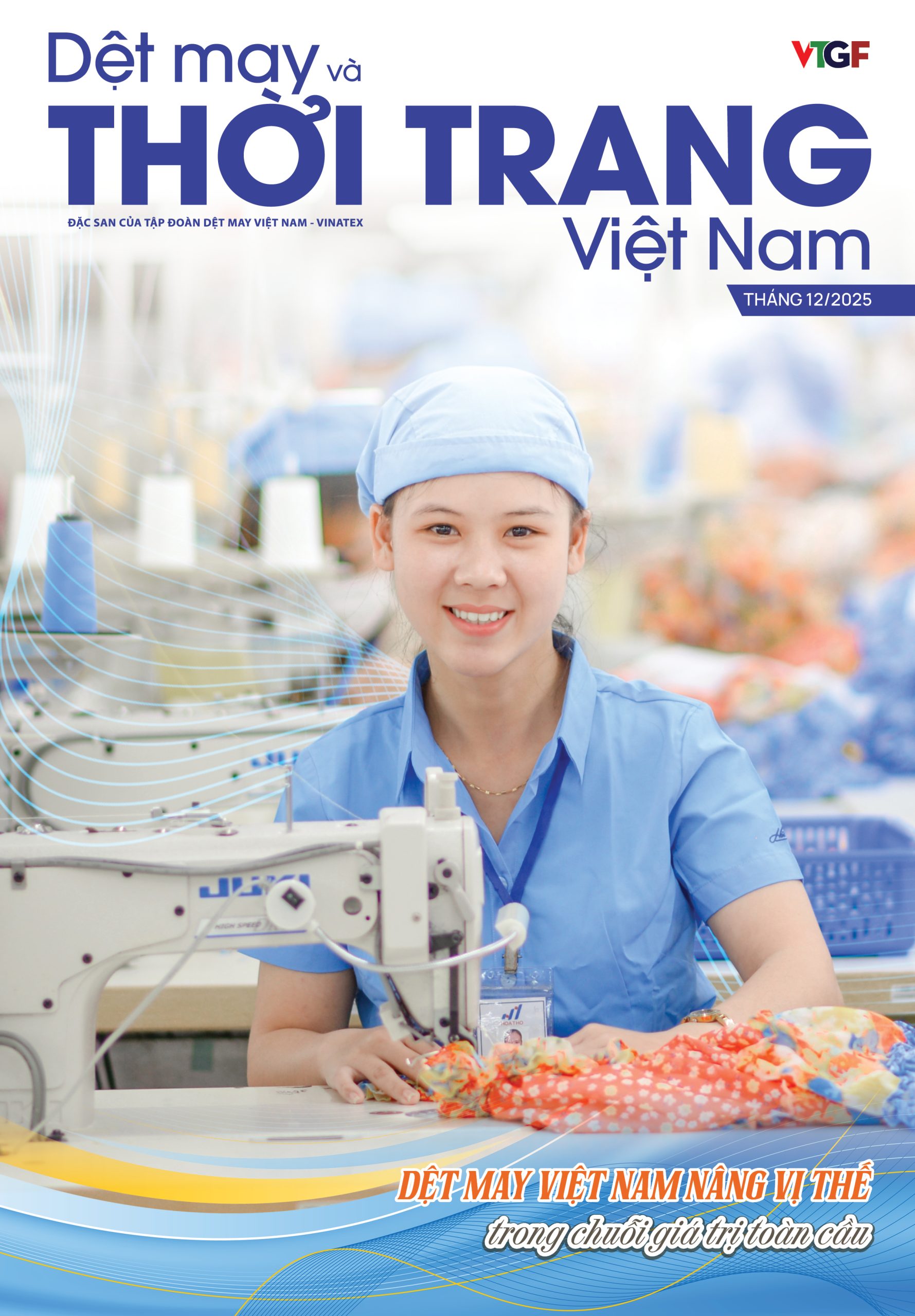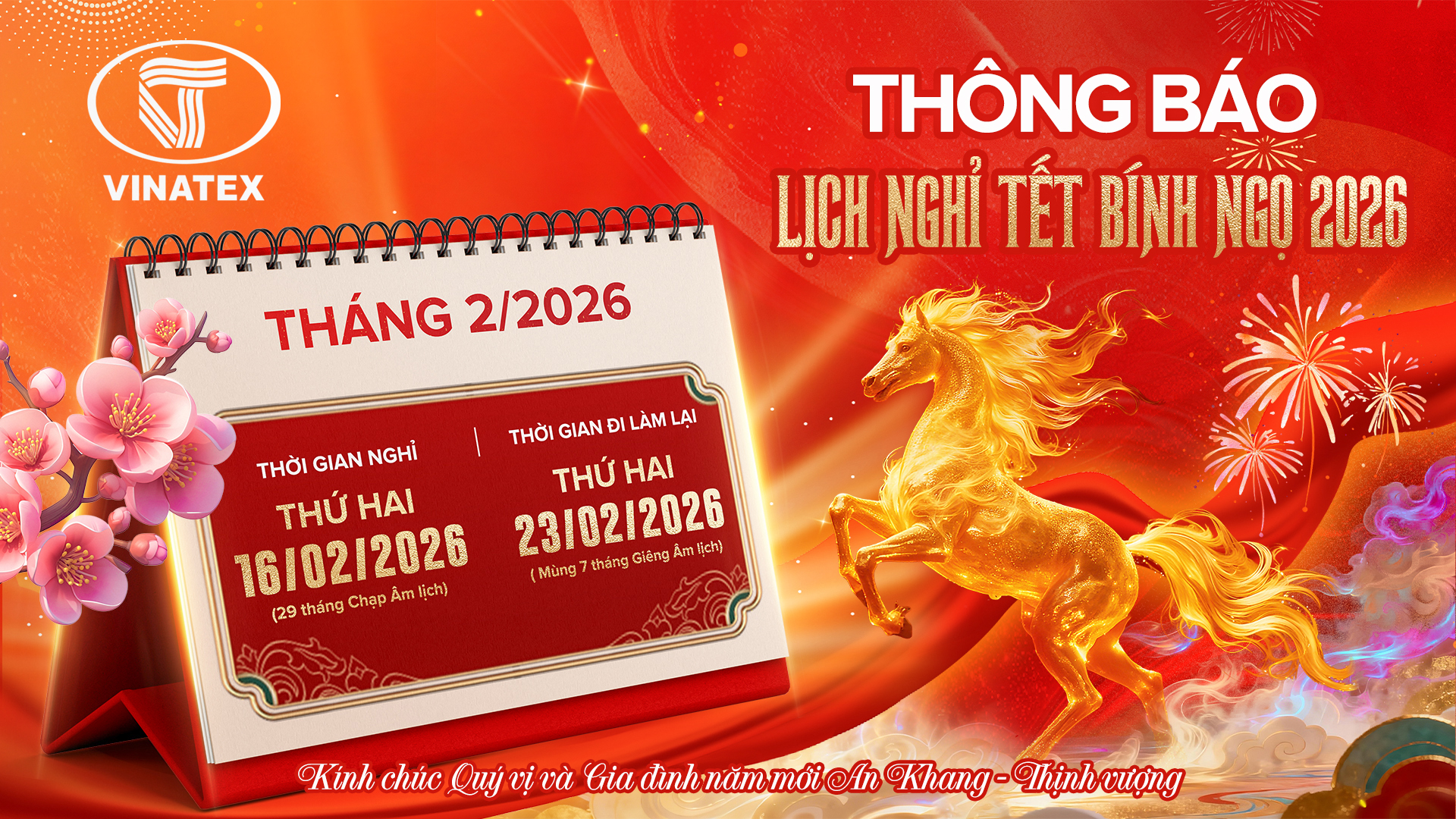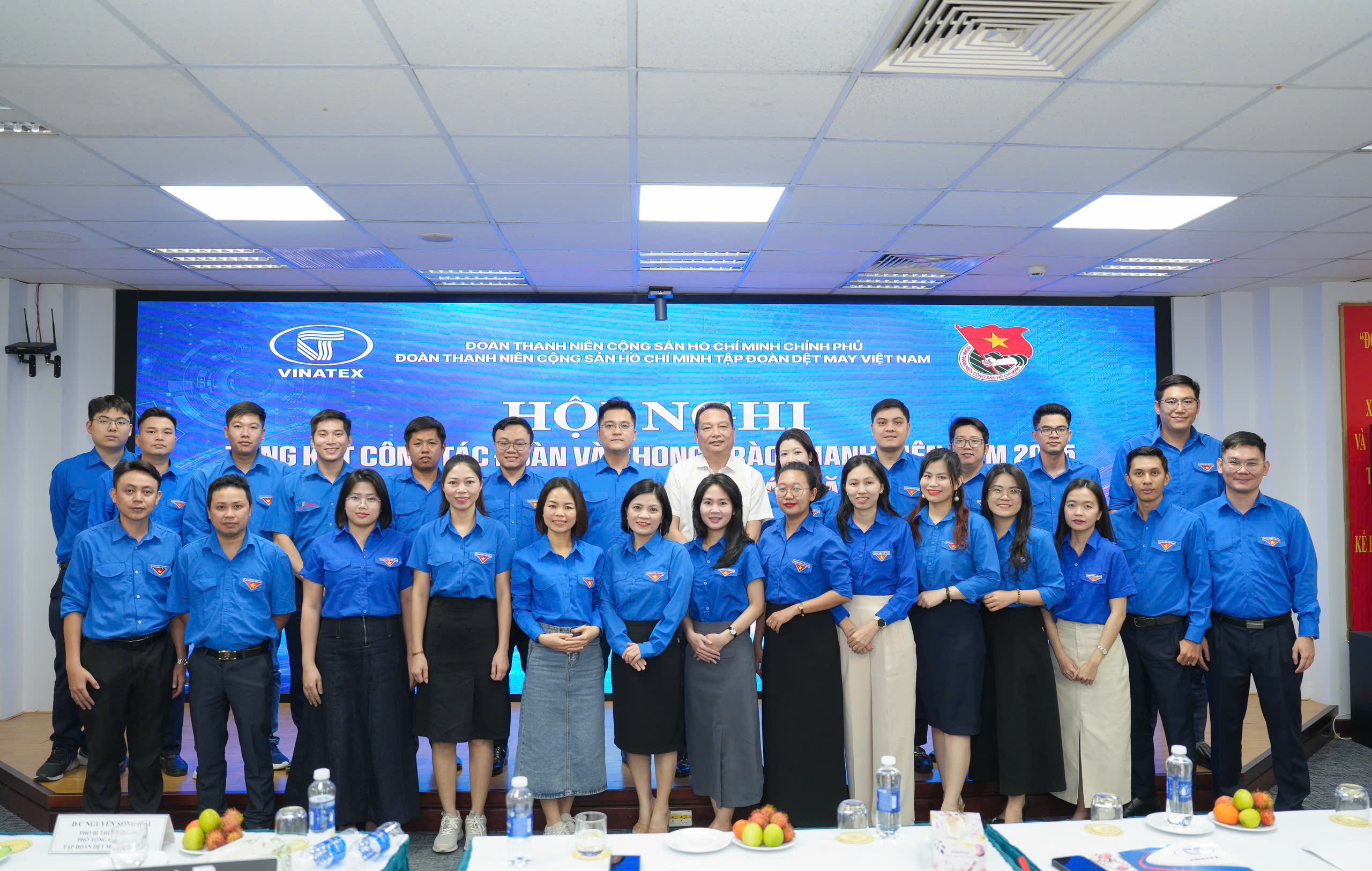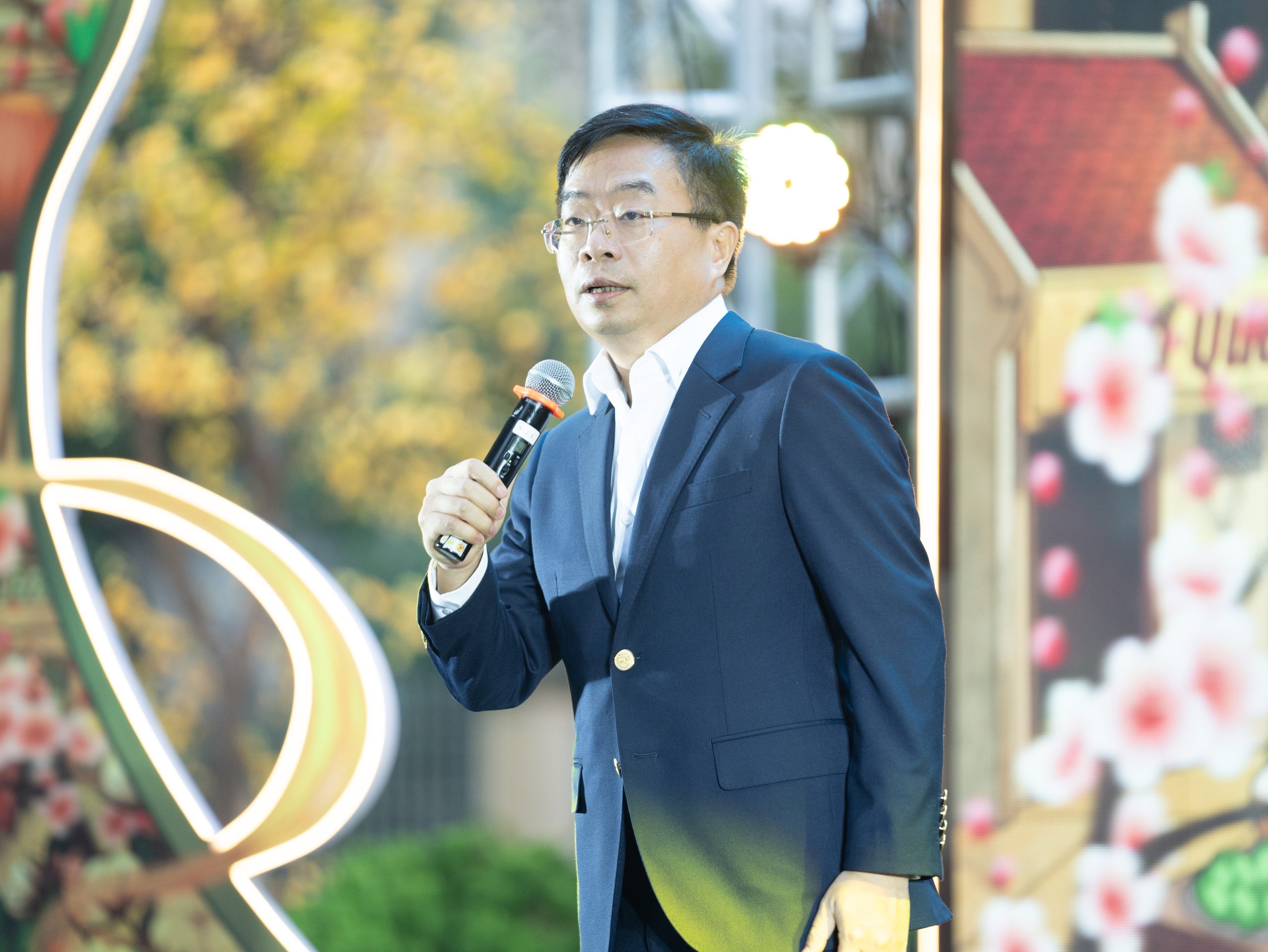According to experts, Vietnam needs to encourage businesses to implement ESG reports to enhance corporate reputation and meet the tariff barrier conditions of “green” markets such as the EU and the USA.
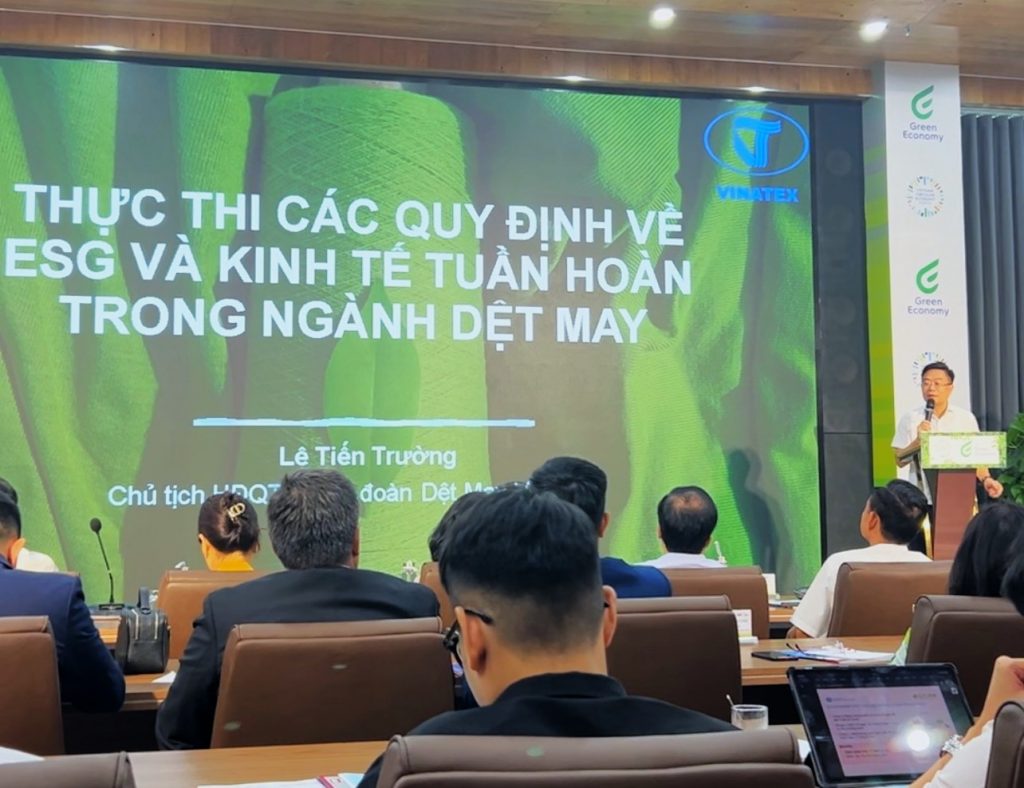 “Pioneering Businesses in Implementing ESG and Circular Economy” seminar
“Pioneering Businesses in Implementing ESG and Circular Economy” seminar
On June 6, the Vietnam Economic Times, in collaboration with the Ministry of Natural Resources and Environment, held a seminar titled “Pioneering Businesses in Implementing ESG and Circular Economy”. The seminar was structured into two sessions: “The Implementation of ESG and Circular Economy Initiatives in economic sectors” and “ESG and Circular Economy: Integration Implementation for green transformation breakthrough”. Attending the first discussion session was Mr. Nguyen Duc Hien, Deputy Head of the Central Economic Committee; Mr. Le Tien Truong, Chairman of the Board of Directors of Vietnam National Textile and Garment Group; Ms. Le Thi Ngoc My, Sustainable Development Director of Heineken Vietnam; Mr. Huynh Van Thon, Chairman of Loc Troi Group; Mr. Pham Hong Diep, Chairman of Shinec, Investor of Nam Cau Kien industrial area; and Ms. Le Thi Thanh Thao, UNIDO National Representative in Vietnam.
Implementing ESG principles along with promoting the circular and green economy offers a competitive advantage in business activities. However, this is also a challenge for enterprises.
Mr. Nguyen Duc Hien, Deputy Head of the Central Economic Committee, stated, “The implementation of ESG, green and circular economic development is an irreversible trend. However, this is a new concept, and there needs to have specific policies and strategies. At the same time, detailed guidance is needed, and instead of following the trend, the implementation of ESG should be suitable for Vietnam’s reality. Moreover, the Government should collaborate with associations to resolve awareness obstacles and provide directions for enterprises.”
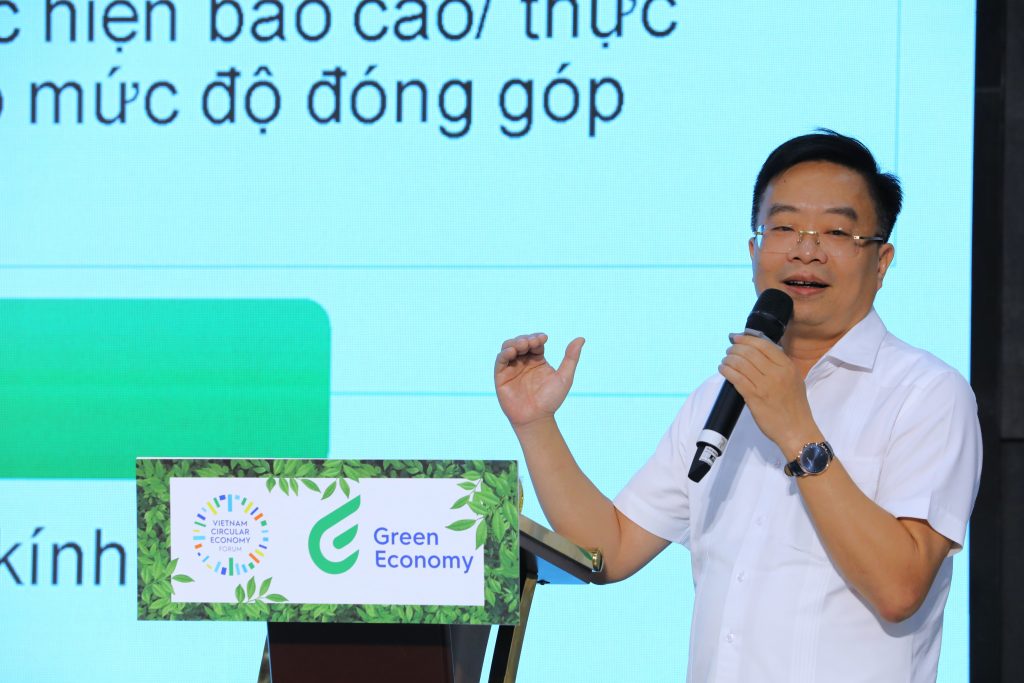 Mr. Le Tien Truong, Chairman of Vinatex speaking at the seminar
Mr. Le Tien Truong, Chairman of Vinatex speaking at the seminar
In the same session, Mr. Le Tien Truong, Chairman of the Board of Directors of the Vietnam National Textile and Garment Group, commented that practicing ESG and applying circular measures will contribute to job creation, equitable access to resources, and community participation. It, in turn, promotes comprehensive growth and social welfare. Strong governance ensures that circular practices are integrated into core business strategies.
“However, implementing ESG and ensuring a green, circular economy is a long-term process. Although the Government can issue policies and standard frameworks if consumers have no demand or cannot afford “clean and luxurious” products, many businesses will not dare to declare green slogans or develop circular and sustainable products,” Mr. Le Tien Truong said.
To remove barriers in implementing a circular economy, Mr. Le Tien Truong emphasized that besides institutionalizing standards for economic sectors, businesses need to identify skill gaps within their companies. From there, they can develop training programs and human resources at the national level to serve the transition to a green and circular economy.
In addition, it is also necessary to promote information and communication activities to consumers and businesses. Building a culture of consuming green, sustainable products will support responsible and ethical business practices,” Mr. Truong noted.
Reporters

